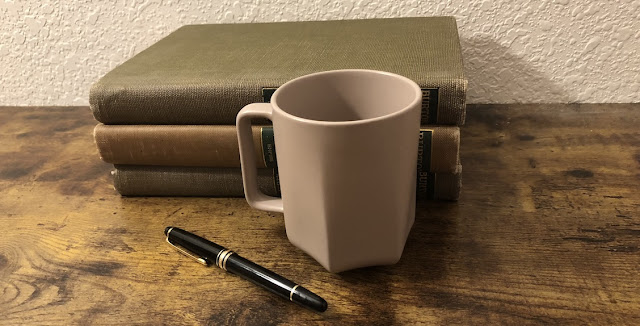South Korea’s Judicial Legal System has developed as a combination of Anglo-American and Continental laws.
It’s worth noting that while the United States and the United Kingdom have a Common Law legal system, South Korea’s legal system is based on Civil Law and Civil Codes, similar to many Western European countries like Germany.
Misunderstanding can occur in fundamental differences between a Civil Law and a Common Law legal system.
The Civil Code and the Commercial Code regulate Korea’s Civil laws. For example, Korean Civil Code Article 750 defines torts — a civil wrong for which courts impose liability.
I have primarily worked to support legal teams with the Korean Commercial Code and dealt with contracts and related business matters. However, I have also reviewed at times Korean labor, Franchise, IP and Trademark, and, more recently, Anti-corruption Laws.
Overall, South Korean courts follow an inquisitorial system where the Court is actively involved in investigating the facts of the case. Judges then determine and make rulings in cases.
In the U.S. and UK, we follow an adversarial system advocates present their parties’ cases before an impartial person or group, typically a judge and jury, who then attempt to determine the truth and make a judgment accordingly.
In South Korea, judges are responsible for deciding on all legal matters. However, limited provisions for advisory juries have been introduced for criminal and environmental cases since February 2, 2008. There is no formal jury system in the country.
Have a Korean legal question…with all the intricacies, my advice, as always, is to seek legal counsel.
Don Southerton@bridgingculture.com
###

No comments:
Post a Comment